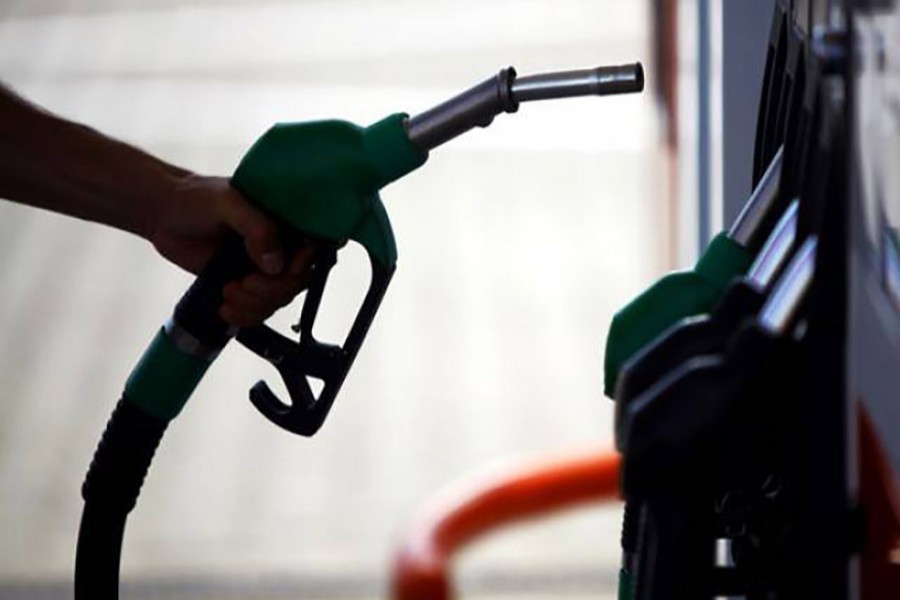The sudden hike in fuel prices had its predictable fallouts. Public transport owners found it a convenient ploy to arm-twist the government for taking a decision in favour of raising the fare of both road and inland water transports. With the standoff gone after two days of transport strike early this month, both sides -- the government and transport owners -- seem to have struck a win-win deal, at the expense of public purse. However, another section of the people, a hugely large one, which is to bear the brunt of fuel price rise, particularly of diesel, is the farming community that needs diesel for irrigation. Unfortunately, not many people are speaking about it.
Increase of diesel price is sure to affect farmers' production cost resulting in shooting up of food prices. As the Rabi season has just begun, farmers across the country are worried about the increase in input cost due to diesel price hike. Most horticulture products such as wheat, maize, mustard, onion, potato, lentil and seasonal vegetables are grown during the Rabi season from mid-October to March. Prices of these items will soar because of the dual push of additional input cost and increased transportation cost. The ultimate sufferers would be the consumers. Coming to staples, cultivation of the heavily irrigation-dependent crop Boro which will begin in a few weeks is feared to be worst hit due to rise in irrigation cost, according to experts. The brunt will be the heaviest on share croppers whose production is likely to experience a substantial slump because of their incapacity to buy diesel at unaffordable cost.
As per the Bangladesh Petroleum Corporation (BPC) data, more than 60 per cent of 11.9 million hectares of cultivable land is being irrigated by diesel-run pumps in the country. The demand for diesel in the country's agricultural sector was 19, 39,370 tonnes in FY 2020-21. Of the total fuel oil consumption, around 73.11 per cent is diesel and 18 per cent of the total diesel consumption is used in the agricultural sector, the BPC data suggest. More than 70 per cent of Boro land out of 4.8 million hectares is irrigated by diesel-run water pumps, and more than 90 per cent of such land is ploughed by diesel-run tractors and power-tillers. Rough estimate says price hike of diesel would cause production 25-30 per cent costlier.
Under the circumstances, there is apparently no option but to increase subsidy on diesel-run irrigation. While there is the need to overhaul the structure of such subsidy, it is important for the authorities to consult subsidy patterns in neighbouring countries, especially India. The Indian state of Karnataka is facing a similar situation like Bangladesh, and some measures are set to be in place soon by way of a rational subsidy on per litre of diesel consumed for cultivation purpose. The concerned authorities may find it useful to look into such moves aimed at sparing farmers of fuel price hike.


